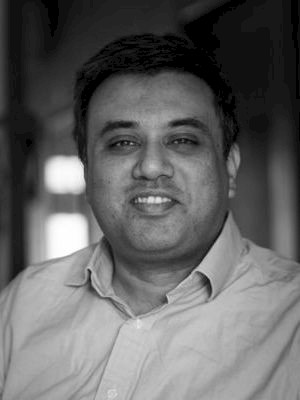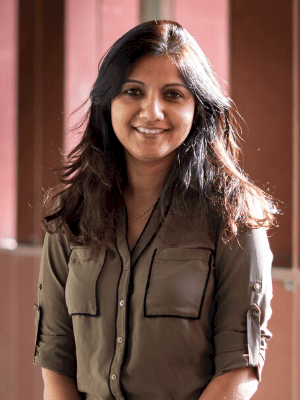Online Via Zoom


Infrastructure is the foundation of economic development. No country has achieved economic prosperity without investing in modern infrastructure assets. Since independence, successive Indian governments have focused on building rails, roads, ports, bridges, and highways, but there is still a gap between what is achieved and needed.
Recent initiatives such as National Infrastructure Pipeline, NaBFID, AMRUT, etc., are aimed at fast-tracking India’s infrastructure development. However, executing these ambitious plans is a herculean task that leaves many questions unanswered. How will India deal with the budgetary issues and commitment of large funds to a single sector? How will the creation of NaBFID contribute to strong infrastructure? How are Environment, Social, and Governance (ESG) risks mitigated in large-scale infrastructure projects? Is the private sector adequately leveraged in infrastructure development?
Our speaker, a public policy expert, will discuss the prerequisites for India to develop a world-class infrastructure. He has been extensively vocal about the future of infrastructure development in India on various media forums. He will critically evaluate India’s execution capacity for infrastructure development. We will discuss the potential outcomes of initiatives undertaken by the government in a pandemic-stricken economy.
Working with the Government of India in Geneva at the Indian mission to the World Trade Organization. Earlier, as an entrepreneur in the digital world, helped build and scale these enablers for India's booming technology economy.
21 years of Management Consulting experience advising top tier clients across industries and geographies. Worked on advisory assignments with some of the large corporations globally.
Pallavi Vyas holds a PhD in Public Policy from the Harris School of Public Policy, University of Chicago. She also holds an MA in Economics from Bowling Green State University and a BA from Mumbai University. Her fields of interest are Labor Economics, Human Capital Theory, Public Health and Development Economics. In her dissertation, she studied the impact of changes in the female college wage premium and employment shocks on teen fertility behaviour in the U.S.